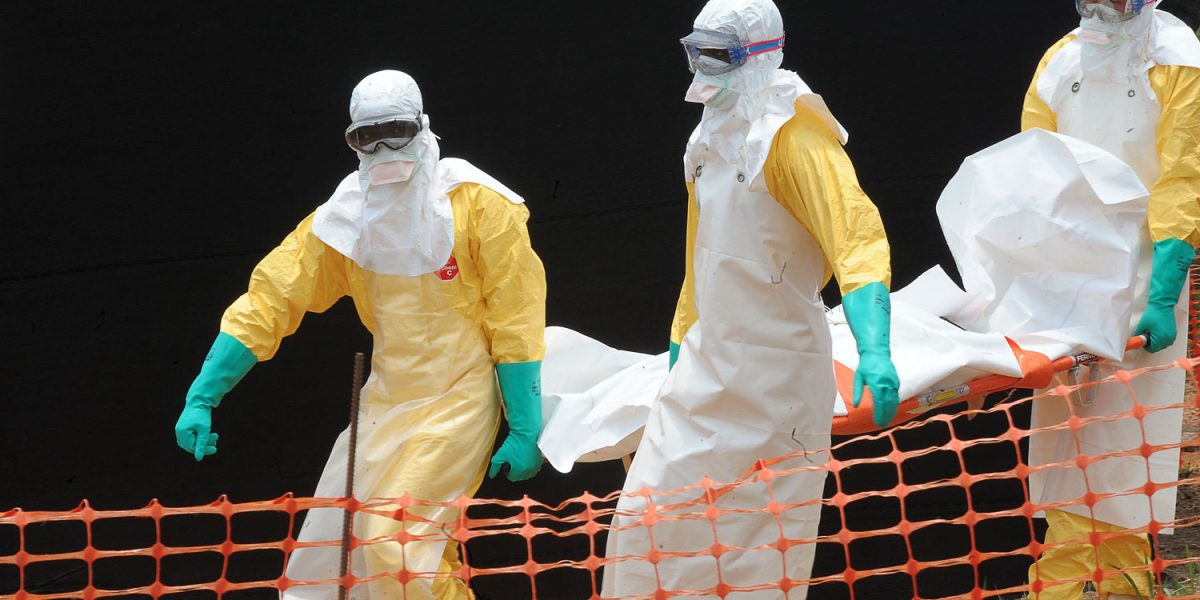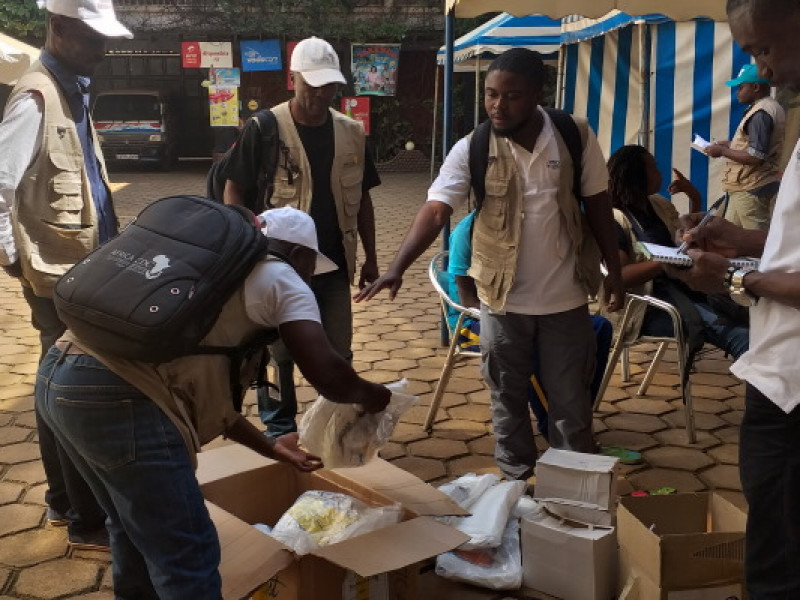Goal
Ensured effective public health emergency preparedness and response.
Strategic Objectives
- Support the development and testing of multi-hazard and multi-sectoral preparedness and response plans for public health emergencies at national, regional and continental levels.
- Support the development of surge capacity at national, regional and continental levels that integrates the capabilities of NPHIs and RCCs.
- Support the establishment of functional national Public Health Emergency Operation Centres (PHEOC) as part of NPHIs.
- Establish and manage national and regional stockpiles for public health emergency response.
- Facilitate and promote sustained partnerships for multi-sectoral coordination and collaboration.


